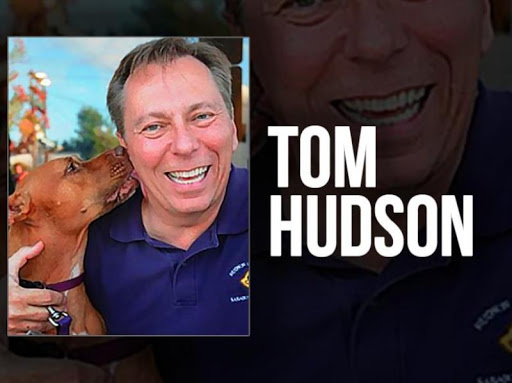Tom Hudson

The California Supreme Court has joined a handful of other courts in the country that have said Breathalyzer results mean different things for different people and ruled that suspected drunken drivers can attack the test results in court.
Defense attorneys lauded Thursday's unanimous ruling for deferring to science, which has shown for years that the test results are highly variable. Prosecutors, however, predicted the move will undermine California drunken driving cases.
At issue is how authorities use booze breath to determine how much alcohol is in the bloodstream.
When consumed, alcohol is absorbed in the blood and carried through the brain to the liver and heart before diffusing in the lungs, where it is exhaled in breath.
Authorities now use a nationally accepted scientific formula known as "Henry's law" to convert the amount of alcohol vapor in the lungs to a blood-alcohol level.
The scientific problem is that breath-to-blood ratios vary greatly throughout the population and fluctuate individually, influenced by such factors as body temperature, atmospheric pressure, medical conditions and the precision of the measuring device.
That means the same breath-test result for one person's breath could signal intoxication while for another it could simple mean "just a glass of wine with dinner, officer."
Compounding the matter are California's two distinct driving under the influence laws.
The first law, which has been on the books for decades, requires proof that a driver was intoxicated such as slurred speech, bloodshot eyes and the like. Jurors are told they can presume someone is drunk if blood tests show at least a .08 percent level of alcohol.
The second law, passed by the Legislature in 1981 and updated in 1989, simply defined a drunken driver as someone with a blood-alcohol level of .08 percent regardless of appearance or behavior. The state Supreme Court in 1994 extended that definition to include Breathalyzer results, barring drivers charged with the second law from attacking the variability of the breath tests.
Since then, most DUI attorneys viewed disputing Henry's law as a dead end for challenging breath-test machines. Prosecutors routinely charge their clients with both versions of the law to increase the chances of conviction.
Defense attorneys and prosecutors agreed the state Supreme Court ruling on Thursday reopened the door to breath-test challenges. The court said evidence of the variability of tests can be shown to juries.
"Defense evidence is relevant to rebut the presumption that the defendant was intoxicated, but not to remove the presumption altogether," Justice Carol Corrigan wrote for the Supreme Court.
Courts in Arizona and Vermont have made similar rulings, she said.
Prosecutors said the California ruling will seriously hamper their ability to win convictions in driving under the influence cases.
"It will confuse jurors," said Margaret O'Malley, a Santa Barbara County prosecutor who represented the California District Attorneys Association before the high court.
Defense attorneys said the ruling confirms in court what science already knew: one-size-fits-all breath tests don't necessarily reflect reality for all suspects.
"I've had clients with one lung," said Steven Oberman, a Tennessee lawyer and founder of the National College for DUI Defense, explaining such people will naturally have more alcohol vapors in their breath than someone with two lungs.
To make its ruling, the California Supreme Court used the case of Timmie Lance McNeal, who was convicted in San Bernardino County of drunken driving. He appealed in 2007, arguing that he was improperly barred from challenging the breath test.
The Supreme Court agreed that McNeal was wronged by the trial court but chalked it up to "harmless error." The Supreme Court said there was abundant evidence other than the breath test to support the jury's determination that McNeal was guilty of drunken driving.



 Virtual Forensic Library
Virtual Forensic Library